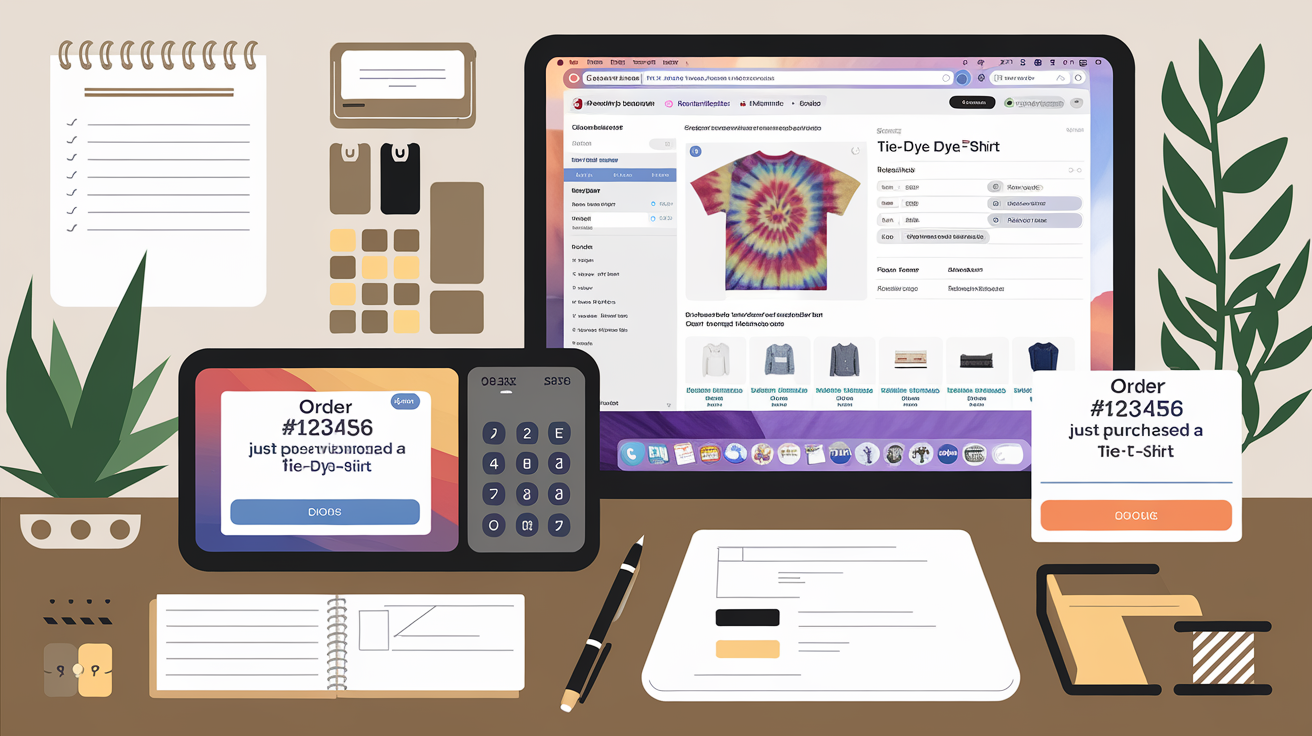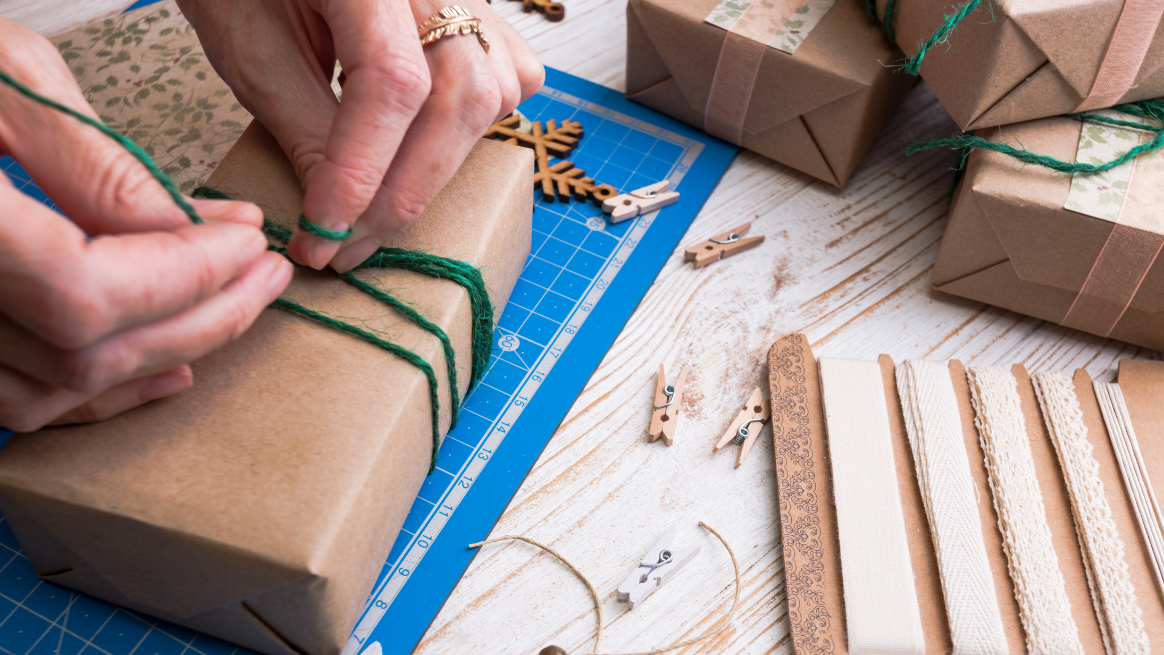

Introduction
The world of DIY crafts is booming, with more people than ever shopping online for unique, handmade items. Whether it’s customized jewelry or personalized home décor, DIY crafts not only allow you to unleash your creativity but also offer a lucrative way to earn money. If you’ve ever considered turning your hobby into a business, now is the perfect time to dive in.
Benefits of Selling DIY Crafts
Flexibility and Creative Freedom
One of the most appealing aspects of selling DIY crafts is the ability to work on your own terms. You can set your schedule, decide on designs, and explore new trends without the restrictions of a traditional job.
Low Startup Costs
Unlike many other businesses, starting a DIY craft venture doesn’t require a hefty investment. With just a few basic materials and tools, you can begin creating and selling your products online.
Building a Loyal Customer Base
People love supporting small businesses and appreciating the unique touch handmade items offer. Over time, you can cultivate a loyal customer base that values your craftsmanship.
Choosing the Right Craft to Sell
Identifying Your Passion
The first step is choosing a craft that you enjoy making. Passion fuels creativity, and your enthusiasm will reflect in the quality of your work.
Researching Trending Crafts
Stay updated on market trends by browsing platforms like Etsy and Pinterest. Identify what’s popular and adapt your creations to meet the current demand.
Assessing Profitability and Market Demand
Evaluate the potential costs of making each item and its market price. Choose crafts with a healthy profit margin and consistent demand.
Essential Tools and Materials
Basic Crafting Tools
Every craft requires specific tools. Invest in essentials like scissors, glue guns, needles, or cutting machines based on your chosen craft.
Sourcing Quality Materials Affordably
Purchase materials in bulk or from wholesale suppliers to reduce costs. Quality matters, so choose materials that enhance the appeal of your crafts.
Investing in Advanced Tools
As your business grows, consider purchasing advanced tools like Cricut machines, high-end sewing machines, or resin molds to streamline your crafting process.
Profitable DIY Craft Ideas


Handmade Jewelry
Jewelry is always in demand. Use beads, metals, or resin to create necklaces, bracelets, and earrings. Offer customization options like initials or birthstones.
Personalized Home Décor
Wall art, coasters, and plant pots are popular among home improvement enthusiasts. Seasonal items like Christmas ornaments also sell well.
Candles and Wax Melts
Hand-poured candles with unique scents and eco-friendly packaging are a hit. Experiment with shapes, colors, and fragrances to stand out.
Handcrafted Stationery
Design journals, bookmarks, and cards with intricate patterns or motivational quotes. These make great gifts and are highly marketable.
Knitted and Crocheted Items
From cozy scarves to baby blankets, handmade knitwear appeals to a wide audience. Offer custom colors and patterns to cater to specific preferences.
How to Market Your Crafts
Building an Online Presence
Social media platforms like Instagram, Facebook, and Pinterest are ideal for showcasing your creations. Create engaging posts, reels, and stories to attract followers.
Effective Product Photography
Invest in good lighting and staging to capture your crafts beautifully. High-quality images can make or break a sale.
Engaging with Your Audience
Interact with followers through comments, direct messages, or live crafting sessions. Building a connection encourages trust and loyalty.
Pricing Your Crafts
Determine your prices by calculating material costs, labor, and a reasonable profit margin. Compare with competitors to ensure your prices remain attractive while profitable.
Shipping and Packaging Tips
Opt for eco-friendly packaging to appeal to environmentally conscious customers. Ensure that fragile items are securely packed and include a thank-you note for a personal touch.
Scaling Your DIY Craft Business
Expand your product line, collaborate with influencers, and participate in craft fairs or online marketplaces to reach a wider audience.
Challenges and How to Overcome Them


Managing Time Effectively
Use time-blocking techniques to manage crafting, marketing, and shipping responsibilities efficiently.
Standing Out in a Competitive Market
Focus on quality, personalization, and a unique brand identity to differentiate yourself from competitors.
Dealing with Customer Feedback
Treat negative feedback as an opportunity to improve. Always address concerns promptly and professionally.
Success Stories of DIY Craft Sellers
Many small craft businesses have grown into large brands. Take inspiration from their journeys and learn from their strategies to succeed.
Conclusion
Starting a DIY craft business is a rewarding journey filled with creativity and financial potential. With the right tools, strategies, and dedication, you can turn your passion into a thriving online business.
FAQs
1. What are the best platforms to sell DIY crafts online?
Popular platforms include Etsy, Amazon Handmade, and Shopify. Social media channels like Instagram can also drive direct sales.
2. How can I stand out from competitors in the market?
Focus on quality, unique designs, and exceptional customer service. Branding plays a significant role in building your reputation.
3. Do I need a license to sell handmade crafts online?
This depends on your location and the scale of your business. Check local regulations to ensure compliance.
4. What are some low-cost DIY craft ideas for beginners?
Simple crafts like beaded bracelets, candle making, or hand-painted bookmarks are great for starting with minimal investment.
5. How do I handle returns and refunds?
Have a clear return and refund policy in place. Communicate transparently with customers and address issues promptly.









































































